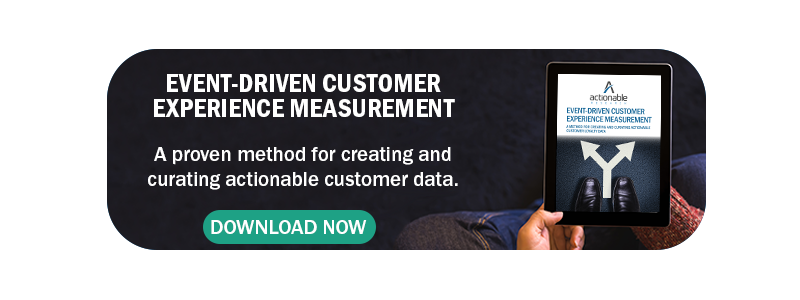Segmentation Research is Complete – The Next Step
Segmentation research will tell you a great deal about your customers. Performed correctly and thoroughly, segmentation research will tell you who and where your customers are, as well as how and why they buy. This information could be incredibly useful to have, but only if you know how to utilize it. From more in-depth research to marketing and sales strategies, read on for tips on effective utilization of segmentation research.
Persona Development
Interested in more specific information on your customers? Perform persona development research. Persona Development research will result in a small number of tangible representations for these larger groupings (or segments) you found through your research. Personas are fully fleshed-out, semi-fictional depictions of your ideal customers. Building on the demographics found through segmentation, personas also provide you with more personal and comprehensive information such as work and leisure habits, motivations, behaviors, goals, pursuits, etc. – allowing your company to take a step toward simplifying the massive effort of marketing and selling by directing these efforts towards your specific audience.
If you consider segmentation the first step to persona development, you can use the information to develop an interview tool for qualitative research. Using either one-on-one interviews or focus groups, you can develop a deeper understanding of your customers and their motivations to help form actionable personas.
For more information on Persona Development, download our eBook “Persona Development Backed by Science.”
Marketing Uses
With knowledge of your segmentations, you’re able to reach customers on their terms. You know who they are, where they are, why they need your product or service, and how they feel about it. Truly, this is a lot of information. Utilizing it in your marketing may look like some of the following:
- Focusing your efforts based on regional information – If you sell bathing suits, it probably doesn’t benefit you to advertise year-round at top dollar in the Midwest and Northeast regions of the US, but it may be well worth your efforts during the months ramping up to spring break when all those frozen souls make their way West or South for a little fun in the sun.
- Crafting your message to address the actual problems your audiences face – Imagine that every day in the same place during your commute to work, you lose cell service. If you’re on the phone, your call drops. If you’re streaming an audiobook or song, it stops. It’s a time period as short as 30 seconds, but it happens every single day. And in that time, you pass a billboard for a wireless service that says, “We have full bars here.” After a while, would you consider switching providers?
When it comes down to it, you should be leveraging your segmentation to attract potential customers where they are and addressing the problems they face.
Sales Uses
A sales strategy is most effective when it arises from the realization that because your customers are different, you must approach them differently. Segmentation research provides a simple way to divide and group your customers based on those differences, segments defined by the characteristics they share. When it comes to sales, the major benefit of segmentation research is possessing information specific to your customers’ needs and motivations. Your sales team will be able to approach each conversation with the advantage of already having background information on their target customers.
Understanding which of your customers buy which of your products and why they do so helps you understand their specific needs and allows you to customize your sales messages in a way that addresses those needs.
And whether you’ve discovered, based on your segmentation research, that your target markets are broad and generalized or narrow and specific, crafting your sales strategy to focus on defined segments of your customers will lead to messaging which will best resonate with the intended target, resulting in the greatest return on your effort investment.
Other Helpful Tips
Remember to make use of your segmentation as the basis for your marketing campaigns and sales strategies. It’s important that you utilize what you know about your customers in order to make sure you get a return on your research investment. For more tips on utilizing your research results or to learn more about how segmentation research can help you, subscribe to our blog and keep an eye out for our upcoming eBook, “5 Types of Segmentation You Need.”



